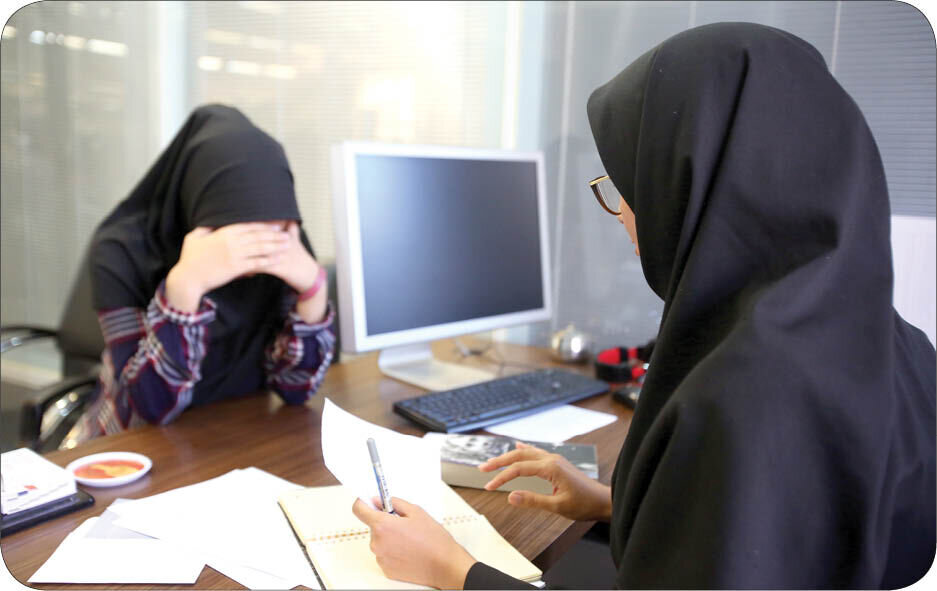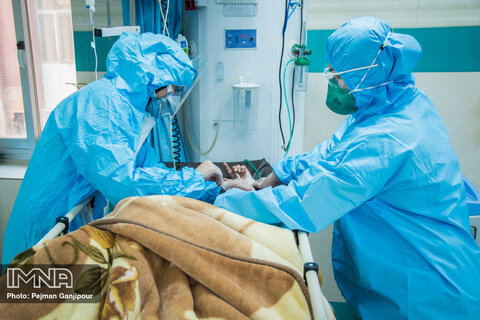Iran (IMNA) - When it comes to dealing with emergencies, social workers are frequently at the fore, providing social structure and support through crisis management.
They are not only addressing the health issue during this epidemic but also providing those affected with the tools and resources they need to get back to their regular routines of functioning.
With a particular focus on disadvantaged people, they can offer alternatives to problems associated with SDOH (Social Determinants of Health), such as a lack of funding or restricted access to food.
While the term "social determinants of health" has gained popularity in the health care industry over the past ten years, social workers have long understood that the social environment has a substantial impact on health.
Healthcare systems and public health agencies must now more than ever determine which communities are even more at risk of COVID-19 exposure owing to social context and if preventative measures and medical treatment are being distributed fairly.
Social professionals are assisting populations who are impacted by or afraid of COVID-19 in several nations. Social work plays a crucial frontline role in the war against the virus by encouraging communities to maintain social cohesion and physical distance from one another.
The primary responsibilities of social workers include ensuring that those who are most in need are involved in planning and responding, as well as organizing communities to guarantee that necessities like food and clean water are accessible.

Promoting the expansion and strengthening of health and social services as a profession is a critical defense against the virus, inequality, and the resulting social and economic issues.
By providing counseling services and creating information on preserving mental health during quarantine or extended homestays, the Iranian Scientific Association of Social Work succeeded in developing a program for psycho-social support of persons dealing with the epidemic.
Iranian social professionals developed new methods to deal with individuals, communities, and organizations while keeping everyone safe. Telecommunication has become a new communication standard, and healthcare institutions have been fast to integrate telehealth technologies.
As in-person visits grow more difficult to get, more people are seeking medical guidance via online consultation.
In Iran, online support groups have been successful in increasing patients' access to treatment by offering knowledge, medical and psychological consultations, and avenues for receiving appropriate care.; this is where social workers play a mediating role in medical care challenges.
The wealth of information available on COVID-19 may be used by social workers to guide people and encourage illness prevention.
It is critical to include social workers at all levels of the healthcare response. Social professionals have a responsibility to help individuals and communities cope with loss, anxiety, trauma, and uncertainty as they traverse the new area of a worldwide epidemic.
In a fast-changing world, social workers are also needed to better identify where structures are failing, what community resources are becoming accessible, and how policies may be amended or updated to promote public health and safety.
Furthermore, once the immediate threat of COVID-19 is over, social workers will be critical in the phase of recovery. Social workers can assist people in rebuilding their social networks and adjusting to life after the outbreak, but they can also help the political and medical systems adapt more effectively for upcoming public health emergencies by making sure people have access to necessities like income, food, housing, and health care.


Your Comment